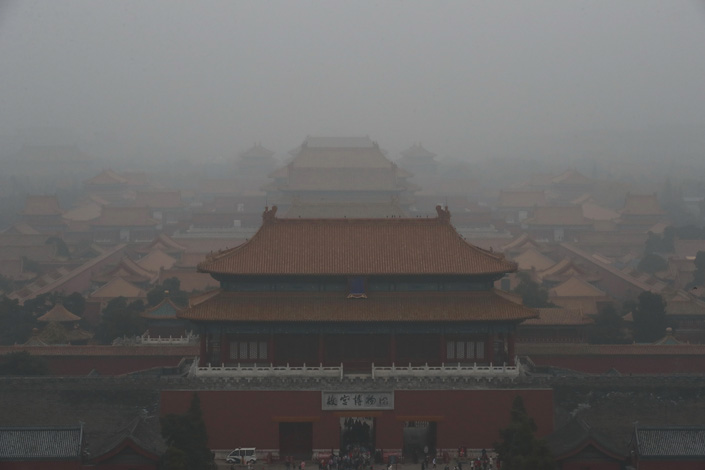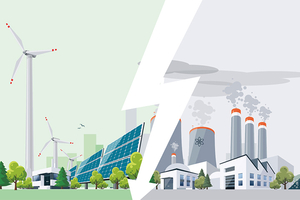Smart Talks: Solving Smaller Problems Like Littering Can Go a Long Way in Protecting the Planet
Listen to the full version

Editor's note: Caixin Global and Yale Center Beijing jointly launched in August a Smart Talks on Climate Change program, including an essay competition, to endow young leaders of the next generation aged 16 to 25 to tackle the problem. We're publishing the top three essays from the winners of the competition as this year's program concluded in November.
What I find most helpful for my physical and mental wellbeing is to venture into forest parks on the outskirts of my city every other weekend. When I’m there and I look up, I see endless stretches of green. When I look down, unfortunately, I see clumps of worn-out plastic, decaying among the flourishing plants. I was so infuriated by this sight that I started a cleanup initiative, taking high school students on trips to pick up litter. However, despite our efforts, cleaning up behind others cannot solve the root of the problem.
Unlock exclusive discounts with a Caixin group subscription — ideal for teams and organizations.
Subscribe to both Caixin Global and The Wall Street Journal — for the price of one.
- MOST POPULAR






